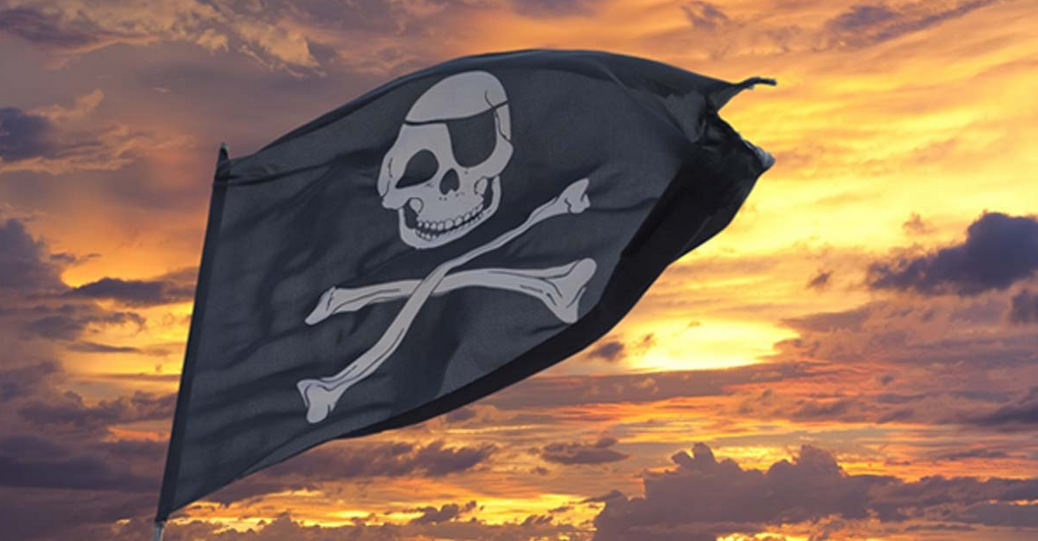Piracy is a practice that can be dated all the way back to ancient times. In the Mediterranean, pirates were not a major threat as long as they could be kept in check, usually by a strong navy. By the late 2 nd century BC, however, piracy became more rampant, more dangerous, and began to destabilize the Mediterranean, especially in its eastern part. The phenomenon continued into the 1 st century BC, before Pompey ended it. One of the most colorful stories about the pirates (known specifically as the Cilician pirates) was the time the kidnapped the future Dictator of the Roman Republic, Julius Caesar.
Lack of Naval Power Leaves the Mediterranean Defenseless
By the late 2 nd century BC, there was no significant naval power in the Mediterranean. Carthage had fallen to the Romans in 246 BC, whereas the Hellenistic Seleucid Empire and Ptolemaic Kingdom were in decline. Although Rome was the dominant power in the Mediterranean at the time, it did not possess a powerful navy. Moreover, the war between Rome and the Seleucid Empire during the early 2 nd century BC sowed further chaos in the eastern Mediterranean.
Night-vision lenses so thin and light that we can all see in the dark
The lack of naval power in the Mediterranean was not the only factor that exacerbated the problem of piracy in the Mediterranean. The flourishing of piracy during that period was also due to the fact that the Romans relied on them for the procurement of slaves. The pirates often targeted slow trading vessels, especially the grain ships that transported wheat from Egypt to Italy. When such ships were captured, their crew would normally be taken to the Greek island of Delos, which was the center of the international slave trade at the time. The slaves sold to the Roman elite usually ended up working on their plantations in Italy.
Continue here: Ancient Origins
Ask me anything
Explore related questions





